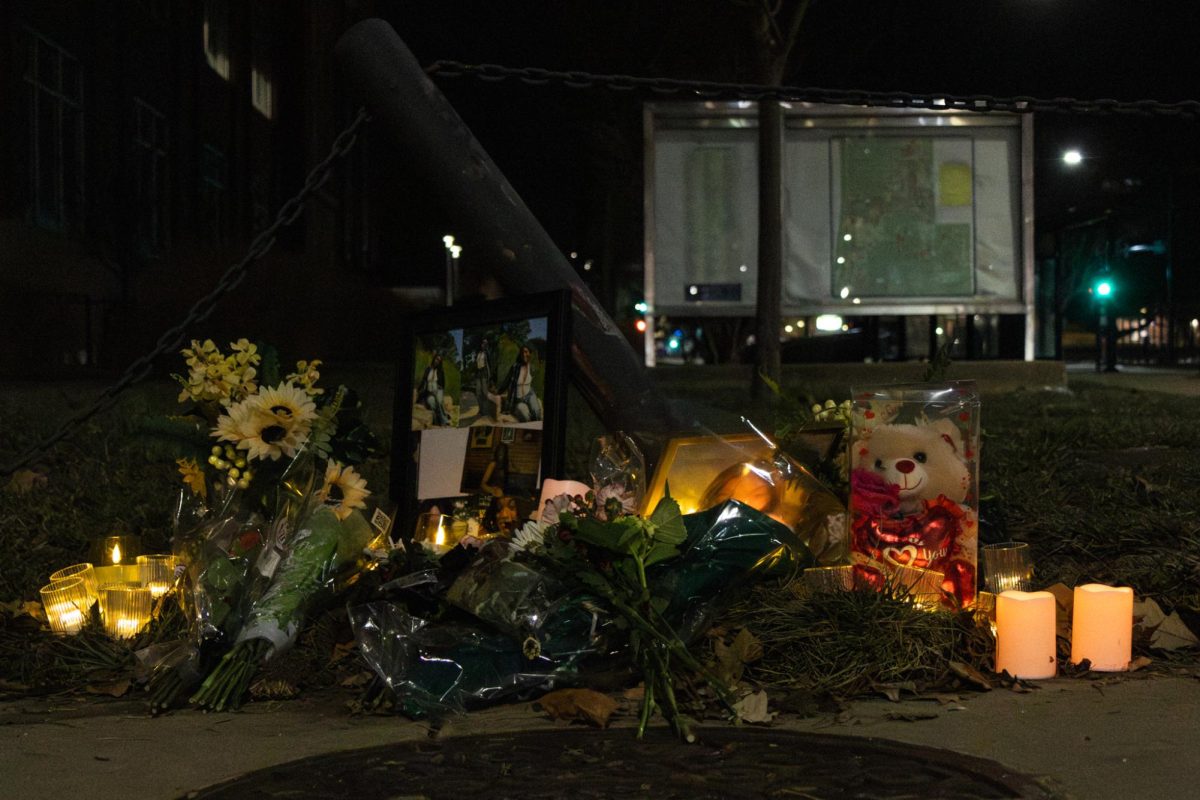Illinois will pay the price for failing to lower the number of repeat episodes of child abuse and neglect.
The state did not meet a federal goal for reducing the number repeat child abuse and neglect from September 2008 to March 2009, resulting in a fine.
The federal government has set goals for child abuse that no state should fall below in order to improve the child welfare system. Though Illinois has improved in the area of repeated accounts of child abuse, the state has not met the federal standard, said Mark Testa, director of the Children and Family Research Center at the University.
Kendall Marlowe, spokesman for the Department of Children and Family Services, said that during the reporting period, 7.6 percent of abused children in Illinois were re-abused. The federal benchmark standard is 5.4 percent. Because of this, Illinois is liable for a fine from the federal government.
Testa said he believes a fine may not be the best action.
Get The Daily Illini in your inbox!
“It’s an argument that yes, Illinois is not doing well, but a fine doesn’t seem to be the right remedy,” Testa said. “Maybe we should use that (money) to see why Illinois does not meet the national standard. That would be the logical thing to do.”
Samantha Webster, a sophomore in DGS who hopes to one day work with DCFS and the court system, said she also thought there might be a better way than fines to improve conditions in Illinois.
“Taking away money sucks but it isn’t going to change the parents,” she said.
Testa said that about 300,000 reports are made to child-abuse hotlines in Illinois each year.
“A report is made to a child-abuse hotline, so doctors and policemen and social workers are mandated by law to report suspected abuse of child,” he said. “Child protected investigators have to, within 24 hours, make contact with the family, and some point after that make contact with the child.”
Testa said that though many reports are made, in many cases of child maltreatment, there won’t be sufficient evidence. About 25,000 children are substantiated each year, and it is considered “repeat maltreatment” if a report is made for the same child twice within six months.
Marlowe said he is not sure where the money will come from, nor how much the state would be fined.
Testa said he believes Illinois needs to be more disciplined about following procedures that are already in place for dealing with child abuse. He said social workers are supposed to ask a systematic set of questions, a “safety assessment,” but this does not take place in every case. He said that Illinois might also need to try to improve resources for child abuse services, especially in southern Illinois, where there is the highest recurrence of maltreatment.
“We need to make sure there are enough resources there to help the family,” Testa said. “It’s much more difficult to provide these services when you’re a spread out community. We need to change some practices and provide others.”





